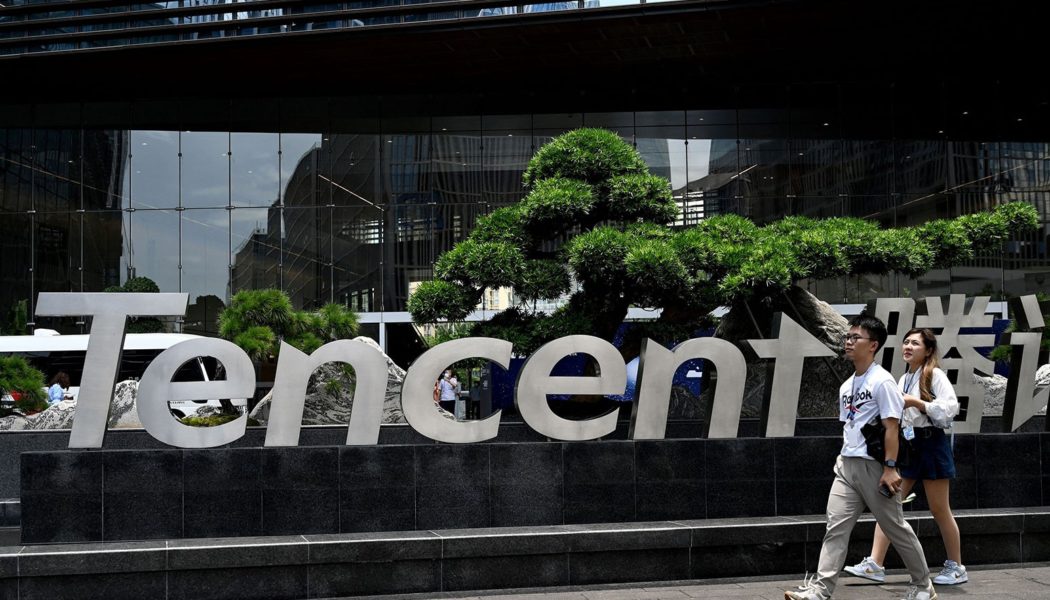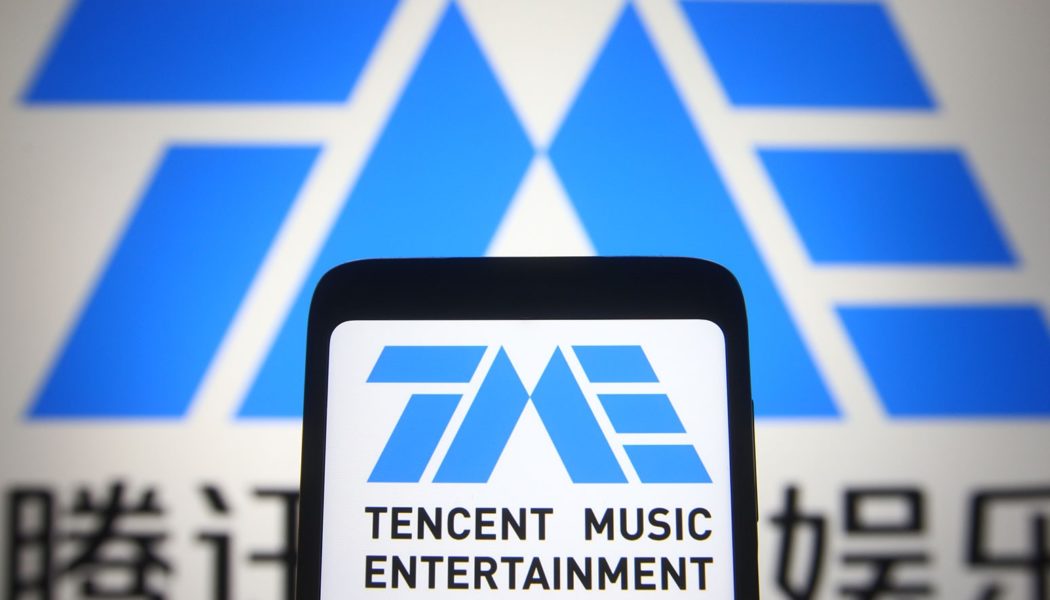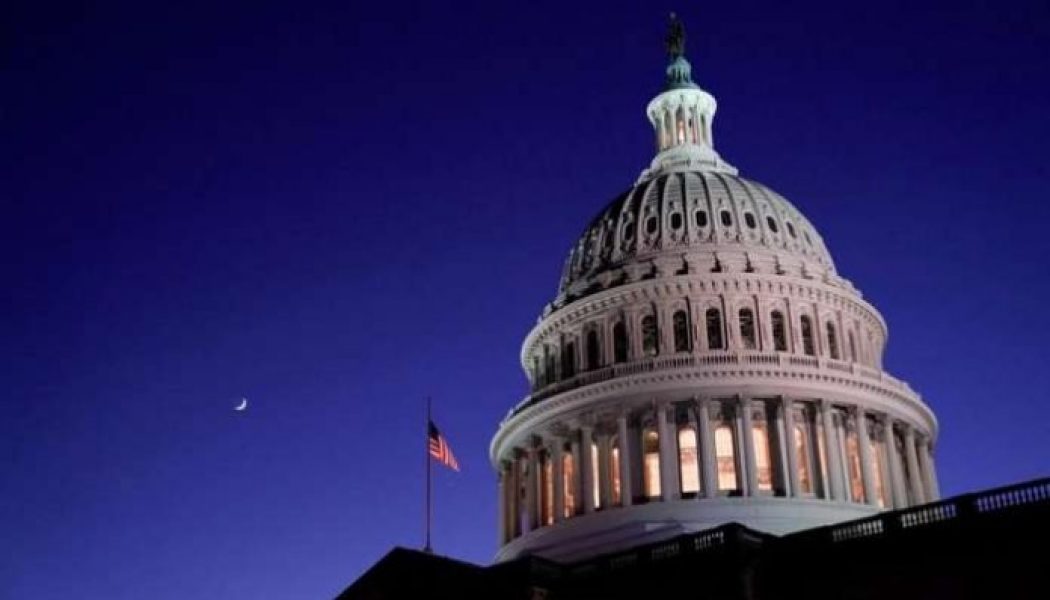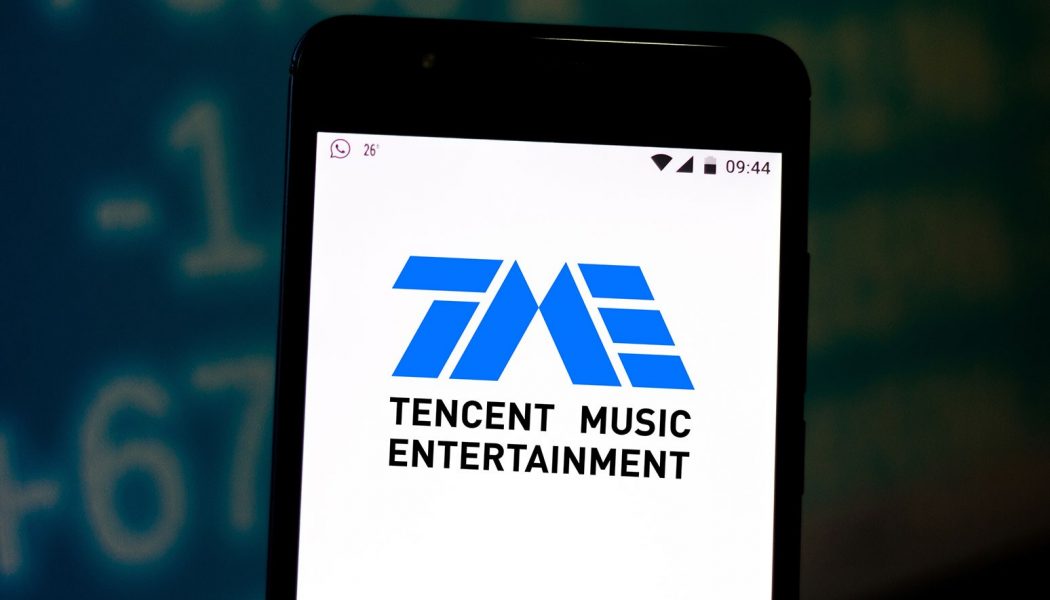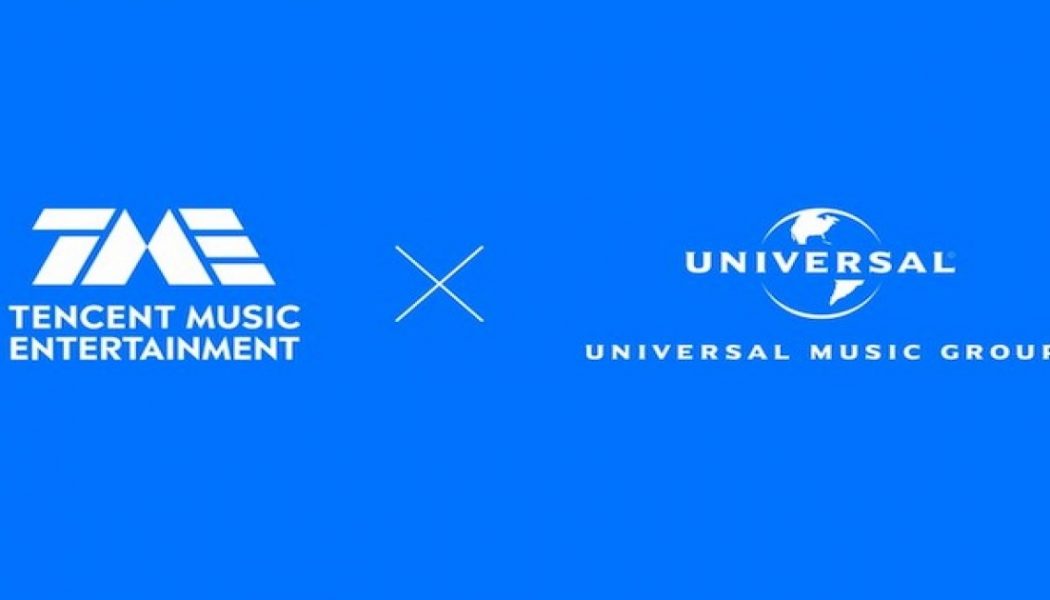Tencent
Tencent shuts down NFT platform as gov policy makes it impossible to thrive
China’s internet giant Tencent has reportedly shut down one of the two nonfungible token (NFT) platforms owing to declining sales aided by the regressive monetary policies of the Chinese government. Tencent shut down one of its NFT platforms on July 1 while the other one is struggling to remain afloat. A report from a local daily indicates that the wind-down process for the same began in May. The tech giant transferred key executives responsible for managing the NFT platform in the last week of May and completely removed the digital collectible section from its Tencent News app by July’s first week. The primary reason for the slow down in sales and ultimate closure of Tencent’s digital collectible platform is being blamed on flawed government policy that prohibits buyers from selling...
Chinese internet giants remove NFT platforms fearing gov’t crackdown
China’s leading social media platforms and internet giants have updated their policy to restrict or remove nonfungible token (NFT) platforms, citing a lack of regulatory clarity and fearing government crackdown. Chinese social media giant WeChat reportedly removed several digital collectible platform accounts for violations of the rules. Digital collection platform Xihu No.1, one of the hyped NFT projects in the market, was among the removed platforms. Another platform called Dongyiyuandian revealed that its official app has been banned, reported a local daily. WhaleTalk, a digital collectible platform launched by tech giant Ant group, also updated its policy to increase the penalty for using an over-the-counter (OTC) desk for trading NFTs. It is important to note that even though NF...
UN approves NFT standards initiative led by Tencent
Chinese entertainment conglomerate Tencent has been approved by the United Nations to lead a project exploring the creation of a standard technical and security framework for non-fungible tokens (NFTs) . The project, dubbed a “technical framework for DLT-based digital collection services” will be the world’s first U.N.-approved standards initiative for NFTs, according to state-owned local media. The U.N. agency for information and communication technologies, The International Telecommunication Union (ITU) approved the project, which is expected to complete an initial draft by the end of 2022, according to a report from the South China Morning Post. Currently, any recommendations advised by the ITU only become mandatory and enforceable when nations adopt them as law. “The international stan...
Tencent Music Spared From Forced Sales in China Regulatory Crackdown
The government action is part of a broader attempt by Beijing to regulate its domestic technology sector, which grew rapidly after years of relatively little regulation. Since last December, regulators have fined 11 companies, including Tencent, Baidu, Alibaba and ByteDance, for failing to disclose past acquisitions and investments. News of the regulatory fines sent shares of Tencent Music Entertainment on the New York Stock Exchange down more than 10% on Wednesday and Thursday to $12.69 a share. Shares of other Chinese tech companies listed in the U.S., including JD.com, Alibaba and Pinduoduo, also slid. (TME rebounded slightly on Friday, up 1.5% to $12.88.) Still, despite the sweeping penalties enacted, the lack of forced divestitures seemed to allay investor concerns that Tencent Music ...
Tencent Increases Stake in Indian Streaming Giant Gaana with $40 Million in New Debt Funding
Indian streaming service Gaana has raised $40 million in debt funding from Tencent, the Chinese tech giant that owns 20% of Universal Music Group. Gaana, which is also backed by The Times Internet, the digital arm of India media conglomerate the Times Group, also passed a resolution to increase its commercial borrowing ceiling in order to get funds from Tencent Cloud Europe, according to a report at Entracker. Gaana previously raised $51 million in debt funding in September 2020 — $41 million from Tencent and $10 million from The Times Internet — and $115 million through an equity sale to Tencent in February 2018. Gaana leads the Indian music streaming market with 185 million monthly users, as ...
Tencent Music Entertainment Grew Subscribers 10% to 4.6M In Third Quarter
Tencent Music’s music apps fared relatively well, with paying users growing 7%, 10.3% and 9.8% in the first, second and third quarters. Revenue didn’t keep the pace as third quarter paying users were just 0.3% over the final 2019 count. Music subscribers grew by 4.6 million to 51.7 million, up 46% year-over-year and up 9.8% from the second quarter. In unit terms, subscriber growth improved on the 2.8 million in the first quarter and 4.4 million in the second quarter. Music monthly active users (MAU) fell 2.3% to 646 million, down from 661 million in the prior-year period Monthly music ARPU (average revenue per user) grew 5.6% to 9.4 yuan ($1.42) Signs of the COVID-19 pandemic are visible on Tencent Music’s metrics. In the first quarter, as much of China was under lockdown orders, Tencent M...
Universal Music Group & Tencent Music Launch New Label in China
Universal Music Group and Tencent Music Entertainment Group (TME) are strengthening their ties with a new joint venture music label that will develop, produce and showcase Chinese artists, the companies announced Monday (Aug. 10). The news came with announcements UMG had reached a multi-year licensing extension with Tencent, as well as a new multi-year licensing deal with Chinese streaming platform NetEase Cloud Music. Under the renewed agreement between Tencent and UMG — first signed in May 2017 — Tencent will continue to distribute UMG content on its associated streaming platforms QQ Music, Kogou Music and Kuwo Music, as well as the karaoke platform WeSing. {“nid”:”9399541″,”type”:”post”,”title”:”Universal Musi...










